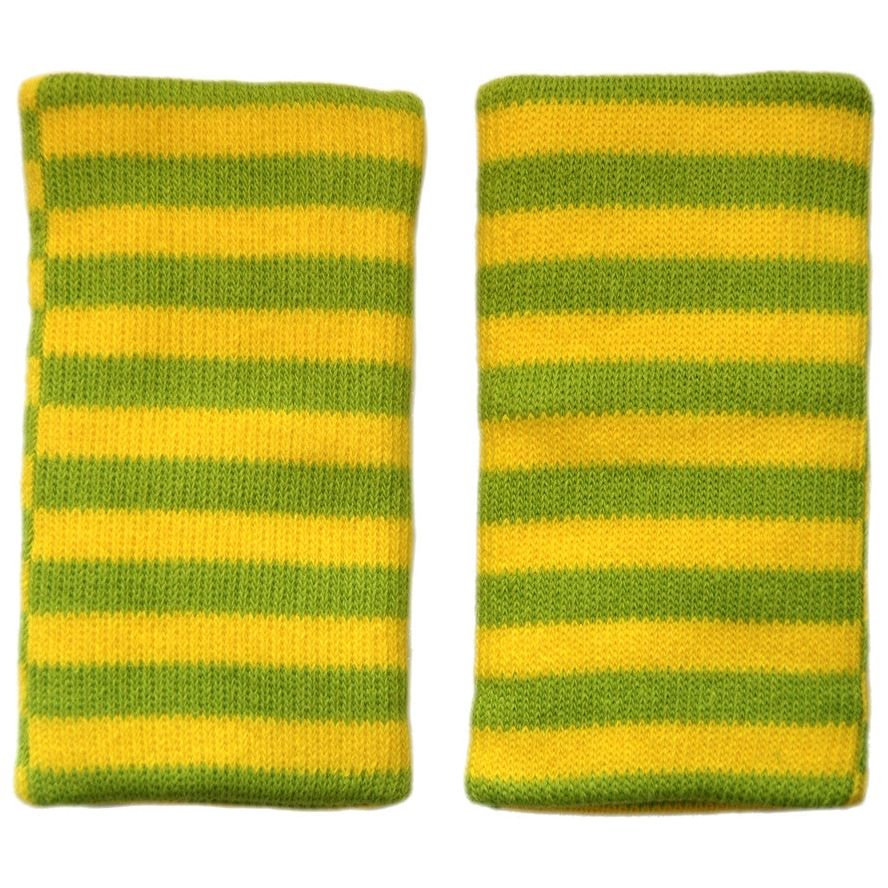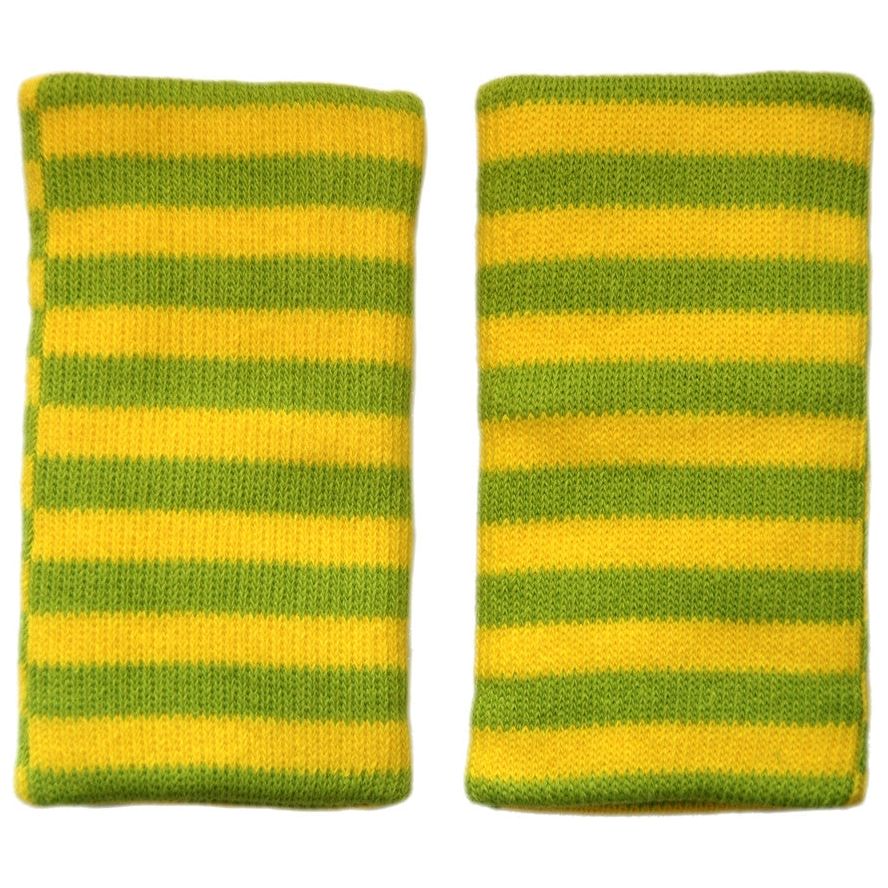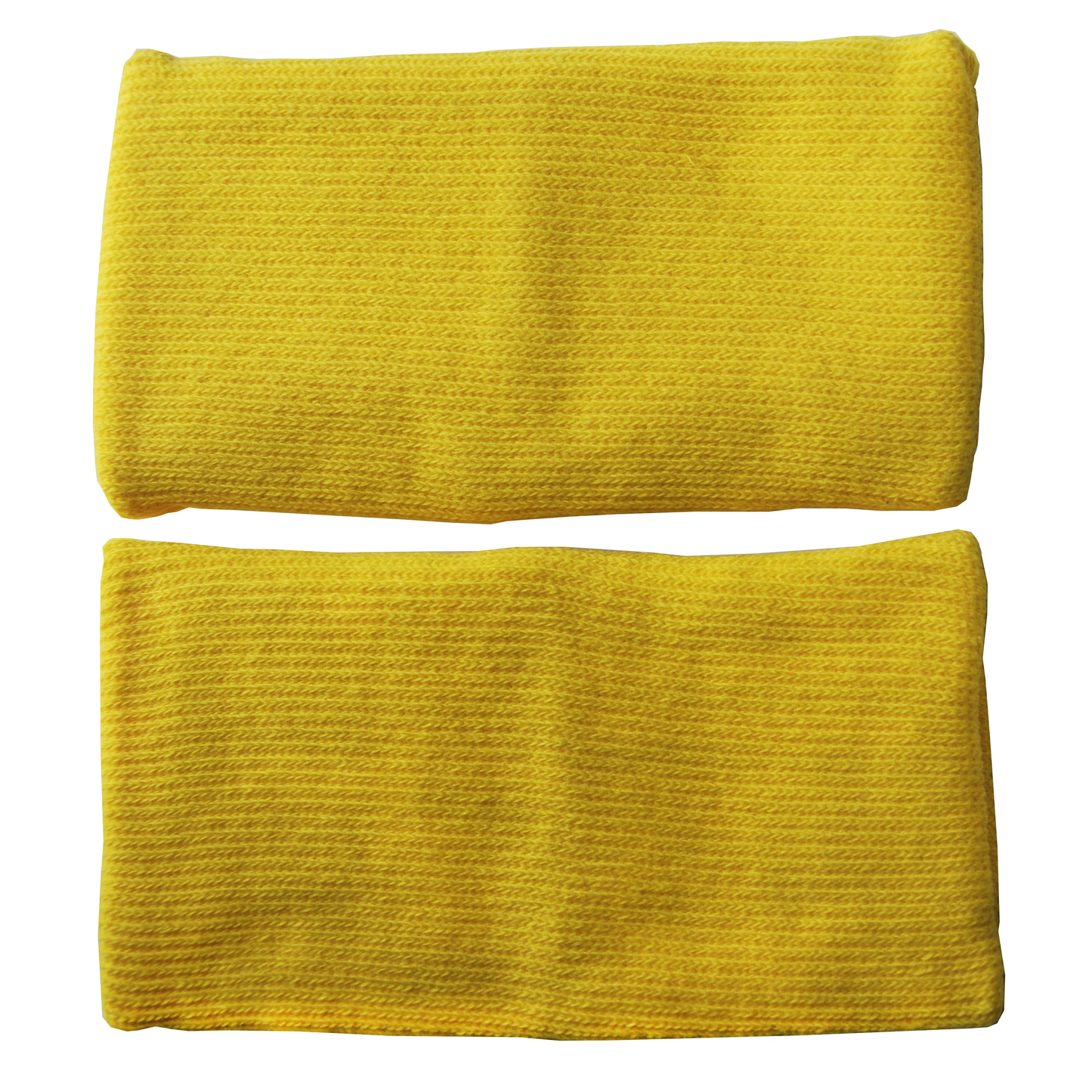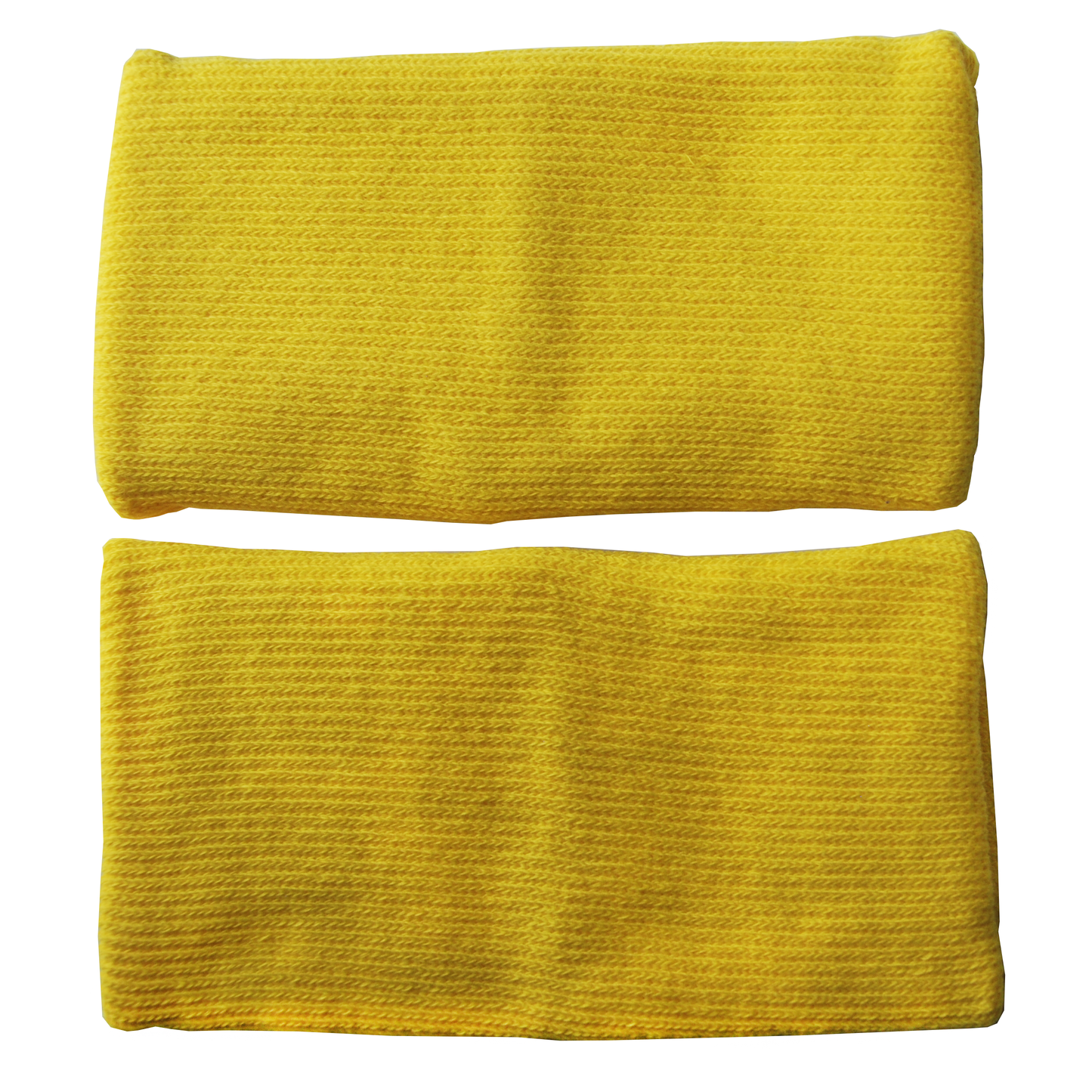
- Image credit: Paolo Marconi
Are We Born With Knowledge About Language?
Share
Found on www.spring.org.uk, written by Dr. Jeremy Dean.
"Study finds that two-day-old infants prefer word-like basic linguistic building blocks.
A new study finds evidence that we are born with fundamental knowledge about language, helping to explain one of our greatest abilities.
Researchers in the US and Italy have found that newborn infants between two- and five-days-old already prefer syllables which are more ‘word-like’ over those not usually found in human languages (Gomez et al., 2014).
In the study, the researchers played back ‘good’ and ‘bad’ words to the newborns while using near-infrared spectroscopy to monitor the oxygenation of the blood in their brains.
An example of a ‘good’ syllable is ‘bl’ which is found in many languages around the world: there’s blando in Italian, blusa in Spanish and blink in English, among many, many other examples.
In contrast, a ‘bad’ syllable is ‘lb’ which is a much less frequent combination found in low frequencies in few languages (including Russian).
The idea is that we have an inbuilt tendency to prefer particular basic building-blocks of language over others.
In the example above we prefer ‘bla’ over ‘lba’.
The question is whether we are born with this preference or is it something that we learn with exposure to language over time.
The new study supports the idea that these preferences for certain types of syllables are inborn.
Infants who haven’t even learned how to babble yet seem to be born with a sense of how words should sound.
One of the study’s authors, Professor Iris Berent said:
“The results of this new study suggest that, the sound patterns of human languages are the product of an inborn biological instinct, very much like birdsong,”
This helps explain similarities in the structure of many languages, since they are likely based on common inbuilt preference for how languages should sound at a very basic level.
That’s why babies can arrive in the world and be confident that whatever language those around them speak, they will be able to pick it up."


























